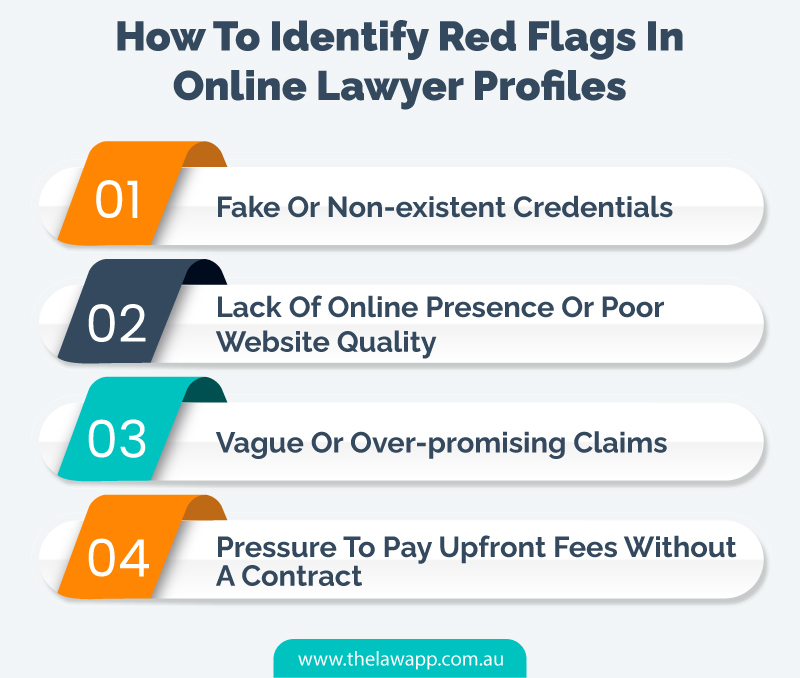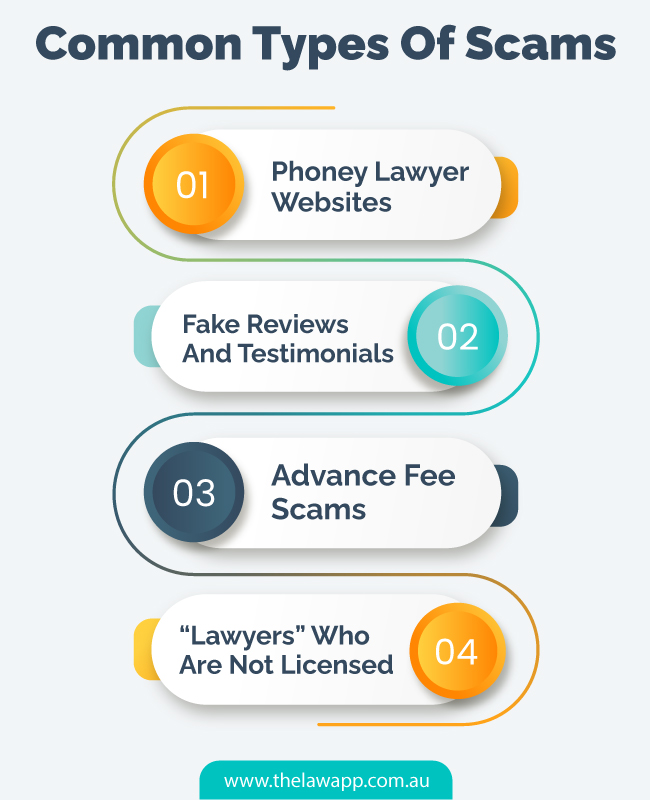
In today’s digital world, finding legal representation online has become easier than ever. With just a few clicks, you can access thousands of lawyers specialising in various fields. However, this convenience comes with a downside — the increased risk of scams and fraud. Unscrupulous individuals and organisations may take advantage of unsuspecting people looking for legal help. Knowing how to avoid scams when finding a lawyer online is crucial to ensure you hire a legitimate, qualified professional who will genuinely help with your legal matters.
The internet is filled with numerous law firms and independent lawyers advertising their services, but not all are trustworthy. This guide will help you navigate the online world of legal services, identify potential scams, and ensure you choose the right lawyer for your needs.
When you search for a lawyer online, you may find an overwhelming number of options. This abundance of choices can make it difficult to discern who is trustworthy. The anonymity of the internet allows scammers to create convincing websites, fake reviews, and even false legal qualifications. With many individuals unaware of how the legal system works, these fraudsters prey on those in vulnerable situations, such as people facing criminal charges, personal injury claims, or family disputes.
But why are scams so common in the online legal sphere?

Spotting red flags early in your search can save you a lot of stress, time, and money. When looking for legal representation online, consider the following warning signs:
A lawyer’s credentials are the first thing you should verify. Scammers often list fake qualifications or claim to be members of non-existent law societies. Genuine lawyers should be able to provide proof of their education, certifications, and licences. Always cross-check this information with the relevant bar association or legal regulatory body in your country or state.
While not every lawyer needs to have a high-end website, the lack of a professional online presence can be a red flag. Scammers typically create low-quality websites with minimal information about their experience or qualifications. Poorly designed websites with limited functionality, broken links, or little to no contact information are common among fraudulent lawyers.
Be cautious of any lawyer who makes broad promises of guaranteed outcomes, particularly for difficult cases. Ethical lawyers understand that legal outcomes can be unpredictable, and they will never guarantee specific results. Scammers, however, may lure clients by offering unrealistic promises to secure upfront fees.
One of the most common scams involves asking for large sums of money upfront, without providing a clear contract or explaining the terms of the service. Legitimate lawyers will outline their fee structure in a written agreement, including any retainer fees, hourly rates, or contingency fees. They will also give you time to review the contract before signing.
Once you have identified a potential lawyer, verifying their legitimacy is the next step. Luckily, there are several ways to ensure that the lawyer you are considering is licensed, qualified, and trustworthy.
Most legitimate lawyers will have profiles on established legal directories. These directories often provide detailed information about the lawyer’s education, experience, areas of practice, and client reviews. This information is publicly accessible, allowing you to verify the lawyer’s credentials and whether they have faced any disciplinary actions.
Client reviews can provide valuable insight into a lawyer’s reputation and performance. However, fake reviews are common on the internet, especially on less-regulated platforms. Look for patterns in the reviews—both positive and negative. Extremely glowing reviews that lack detail may be fabricated, while reviews that discuss specific experiences and case details are more likely to be authentic.
A consultation provides an opportunity to gauge the lawyer’s professionalism and expertise. Scammers often avoid face-to-face interactions or rush through phone consultations without addressing your concerns. Legitimate lawyers will take the time to understand your case, explain their approach, and outline potential strategies.

Unfortunately, scams in the legal industry take many forms. Recognising the most common types of fraud can help you avoid falling victim. Below are a few typical scams you might encounter:
These websites look legitimate at first glance, but upon closer inspection, they lack essential details like an office address, contact information, or a real lawyer’s name. Scammers use these sites to collect personal information or request payments for services they never intend to provide.
Some scammers pay for fake reviews to build a false sense of trust. Be cautious of any lawyer or firm that has an overwhelming number of perfect, five-star reviews. Check if the reviews seem repetitive or lack specific details about the cases handled.
This scam involves charging a high upfront fee for services that are never rendered. The fraudster may claim to be a lawyer or work for a law firm, asking for advance payment for legal services but disappearing once they receive the money.
In some cases, individuals without a law licence may falsely claim to be lawyers. These scammers often target vulnerable individuals facing immigration issues, criminal charges, or bankruptcy, offering legal advice without the proper qualifications.
If you suspect you’ve been scammed by a fraudulent lawyer, it’s essential to act quickly. Here’s what you can do:
The best way to avoid falling victim to a scam is to be proactive and diligent in your search. Here are some general tips to protect yourself when hiring a lawyer online:
Introducing The Law App—a revolutionary platform that connects you with top-tier lawyers instantly, making legal help more accessible, affordable, and convenient than ever.
With The Law App, you have complete control over your legal decisions. You get transparent pricing, access to multiple bids, and the ability to choose the most suitable legal professional for your case—no matter where you are in Australia. It’s the smart, cost-effective way to hire a lawyer online.
Sign up at – The Law App today and simplify the process of finding top legal help at a price that works for you!
If you believe a lawyer is a scam, immediately stop all communication, report them to the bar association, and consider contacting local law enforcement if financial fraud is involved.
You can verify a lawyer’s legitimacy by checking their licence with the state bar association, reviewing their credentials on legal directories, and reading client reviews on multiple platforms.
While online reviews can be helpful, some may be fake. Always check reviews across multiple platforms and look for detailed, specific feedback to identify genuine reviews.
Signs of a scam include lack of proper credentials, pressure to pay upfront fees without a contract, vague promises of guaranteed success, and an unprofessional online presence.
Only work with lawyers who provide a clear, written contract outlining the fees and services. Avoid any lawyer who demands large sums of money upfront without this documentation.
No, ethical lawyers will never guarantee a specific outcome for your case. Legal matters are often unpredictable, and anyone making such promises may be a scammer.